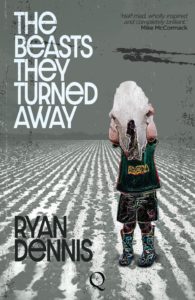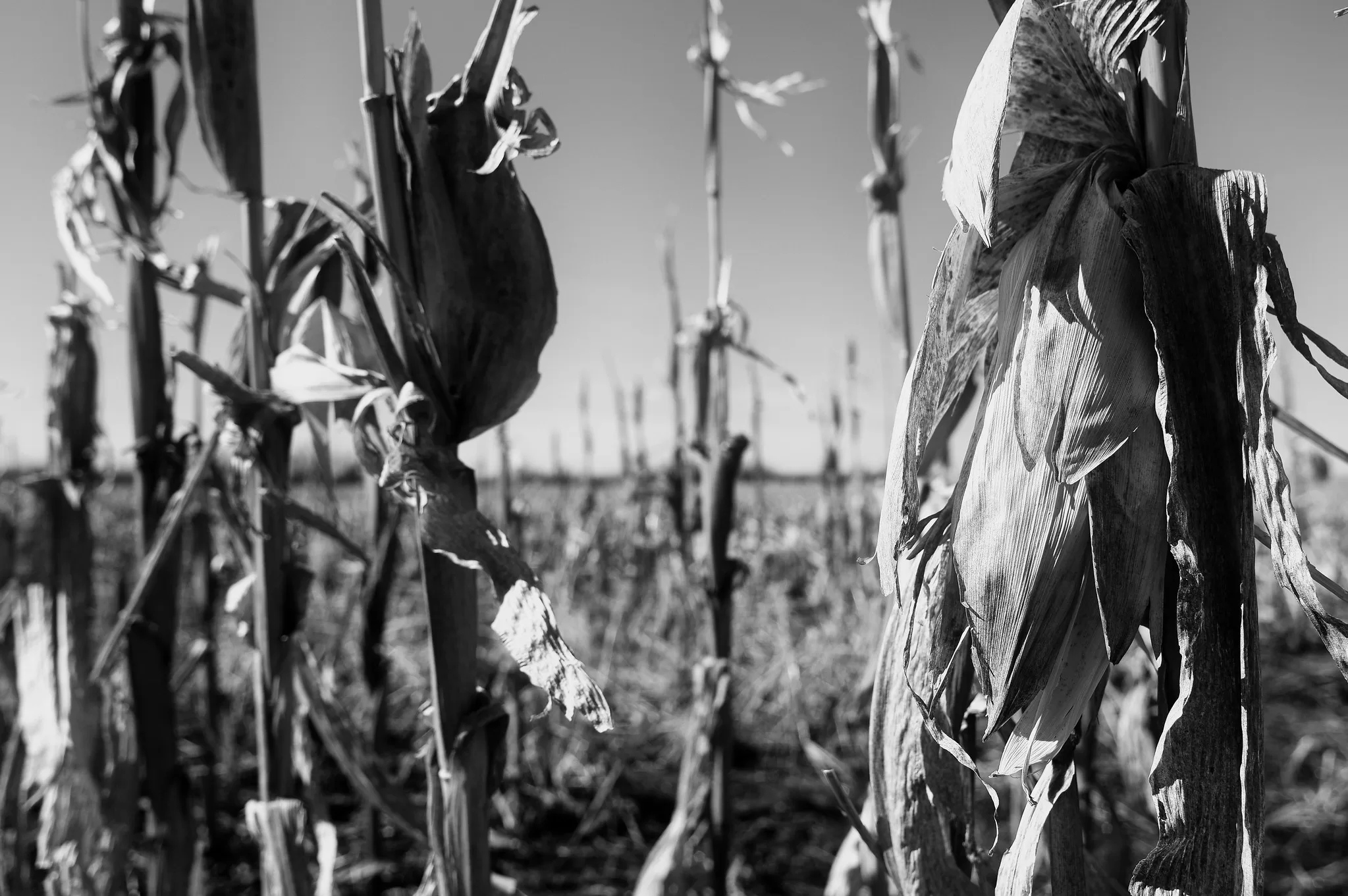Several years ago, supporters of a 75 year-old Indiana farmer received disappointing news. The Supreme Court ruled against Vernon Bowman and his fight against Monsanto.
Many are already familiar with the details after the story garnered national attention several years ago. Bowman purchased Monsanto soybean seed every year for his 300 acre crop farm. As dictated, he signed the “technology agreement,” which states that he cannot save second generation seed from the crop. In 1999, to plant the second soybean crop of the season he purchased mixed, unmarked seed from a local grain elevator. The results of the second planting tend to be more unpredictable, as they grow through the late part of the season when the weather varies. Bowman did not want to invest in the high cost of Monsanto seed for a crop that may not be harvested. Because it was not the progeny of the patented seed he purchased nor could he know if the soybeans from the elevator were from Monsanto, he did not believe he was violating the law. However, when one of Monsanto’s “seed cops” tested their genes in his field, he was sued by the megafirm.
Monsanto has always made the non-farming world uneasy. In addition to the general controversy regarding GMOs, many citizen groups fear that it has too much control on worldwide food production. This case did little to help the company’s image as an aggressor. Pictures of Bowman on the web show a smiling, rural old man that has given up six years of his life to fight a corporation with unlimited resources. The myriad of comments posted after the news releases on the web indicated which side the public supported.
Monsanto’s contributions to agriculture cannot be denied. Round-up Ready seed itself has helped revolutionize the process of growing crops. Requiring farmers to sign a document forbidding them to plant their product’s progeny is also not unique to Monsanto, but can be expected every time a bag of seed is purchased. Advocates of agribusiness echo Monsanto’s claim, which is that the clause is necessary in order to recoup the money spent on innovation and to have incentive to continue to advance. There is no way for an economic laymen to estimate what portion of the firm’s 13$ billion worth is returned to laboratories and what remains as profit. The downside of private research is that it always acts in self-interest. The curiosity arises whether the farmer would be better off if crop research was entirely public funded and completed in university laboratories. There are, certainly, many higher institutions around the world that conduct forage studies and have accomplished remarkable achievements. It is hard to determine if the price per bag of seed a farmer is forced to purchase is wholly returned to him in the long run.
Reflecting on it a year later, the larger question raised in the Bowman vs. Monsanto case may be agribusiness’s place in the farming sector, and what the future of the industry may look like. Traditionally, farmers saved a portion of their harvest to replant the following spring. Presently, it is virtually impossible to legally do so. Because it removes a self-sufficiency, in some ways farmers become rented labor to seed companies, multiplying their product but forfeiting control of it. Even if companies like Monsanto are making reasonable requests with “no saved seed” agreements, such examples raise a concern whether proper mechanisms are in place to protect the farmer from losing future liberties to agribusiness. In its most basic form, a capitalistic system functions properly when every component has countervailing power against the others. The farm cooperative structure in the US, however, is not as strong as in countries such as Ireland, where they’ve had to rally for farmers’ rights, nor do they have a history of doing so. In fact, farmers in the US tend to protest much less than in nations where farming is more profitable. This makes the story of Vernon Bowman even more notable.
Regardless of whether one sides with the farmer or the seed company, and if the ruling was ultimately just or not, Bowman must be commended for giving it a chance to play out in the court system. Monsanto states on their website that only eleven of the 147 suits filed against farmers since 1997 went to trial, as the vast majority opted to settle instead. The unstated reality, however, is that the settlements were not necessarily an admission of wrong-doing, but some may have simply lacked the resources to see their day in court. As happened to several others attempting to defend themselves against Monsanto, it is likely for a farmer to become bankrupted before the case is heard. Although all pictures show a kind, optimistic old man, it is difficult for the rest of us to know the personal and emotional costs involved in the six years Bowman waited to take it to the Supreme Court. Not only did he stand up to a Goliath, however, but brought national attention to an issue that affects farmers. His actions made the statement that sometimes farmers fight back. For all that, I hope he’s still smiling.
This article is part of The Milk House Column series, published in print across three countries and two languages. It can also be found at themilkhouse.org.
This article appeared in a similar form in Progressive Dairyman.
*
Ryan Dennis is the author of the novel The Beasts They Turned Away, available now to order.
 Íosac Mulgannon is a man called to stand.
Íosac Mulgannon is a man called to stand.

